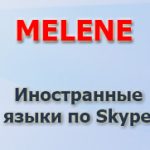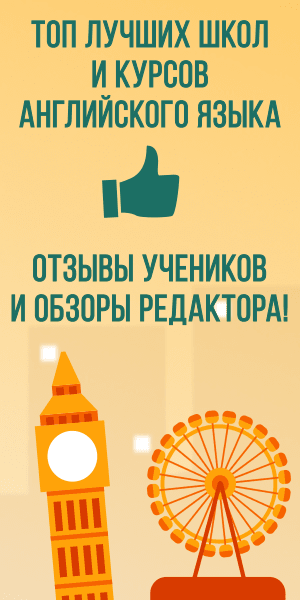All forms of education can be broken down into three main components: planning, instruction, and evaluation. In the form of education that most people experience, pedagogy, it is the teacher’s responsibility to define each of these components. Through distance learning, which is majorly based on the principles of andragogy, the learner has more responsibility and influence in defining these components.
It is extremely beneficial to the learner to not only be active but to be the main decision-maker in the planning stage of their education. For this to be effective, however, it is important for the learner to first carefully reflect on his or her prior knowledge and experience, needs, interests, and goals. Only the learner himself is able to take inventory of his prior knowledge and experience and therefore decide what he is lacking in order to reach his goals. With the guidance of an advisor, distance learning allows the student to choose what courses will be relevant to his vocation and complete them at his own pace. According to the widely accepted information processing theory, learners are more likely to retain information when it is made relevant and meaningful to their interests. When students take an active role in their own learning process, it is more likely that they will be motivated to complete assignments and reach their goals.
Because distance learning does not include any teacher-lead classes or meetings, it is majorly the student’s responsibility to learn the material and complete the assignments on his own. However, distance learning encompasses many resources that can assist the student in this. There are many technologies on the internet such as libraries, videos and web conferences that can provide a wealth of information for the student. These technologies are most effective when used in combination with printed materials such as textbooks and communicative technologies such as e‑mail and video conferencing. The advisor can be very useful in helping the student to recognize these resources and how to use them.
However, it is once again the student’s responsibility to reflect on his or her own learning style and decide what idea technologies or study methods best contribute to his or her learning. Although the resources can provide guidance, structure, and motivation, the concept of andragogy implies that these factors must come from within the student. Again, because the student plays such an active role in the structure of his education, it is more likely that it will be a meaningful experience. The information processing theory also states that meaningful practice can help information move into long term memory. There, it can be assimilated with existing knowledge and experience to be recalled for practical use.
As with the first two components of distance learning, the student is active in the evaluation process. Again, reflection and mapping of goals at the beginning of the program can help students track their progress. Formative assessment, as well as meaningful feedback, have been proven to help students self-evaluate and re-structure the learning process if necessary. In other words, when students periodically compare their work to the goals they have set for themselves, they can then decide if the methods they have been using are effective in helping them progress, and then “fine tune” these methods to help them better reach their goals. Advisors can also play an important role in the evaluation process by periodically checking on the student’s assignments and making sure that they are making adequate progress toward their goals. If the advisor finds that the students have not been actively working toward their goals, they serve as a source of external motivation and guidance. Submitted assignments and dissertations serve as the summative assessments of the course, which will ultimately lead to the completion of the degree.
In my personal theory of education, particularly as it applies to distance learning, the learner plays a huge role in each part of the learning process. Education is most valuable when it is meaningful to the individual and their experiences and therefore able to be put to practical use.








